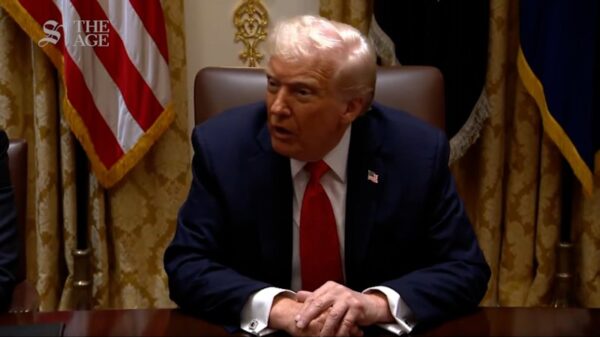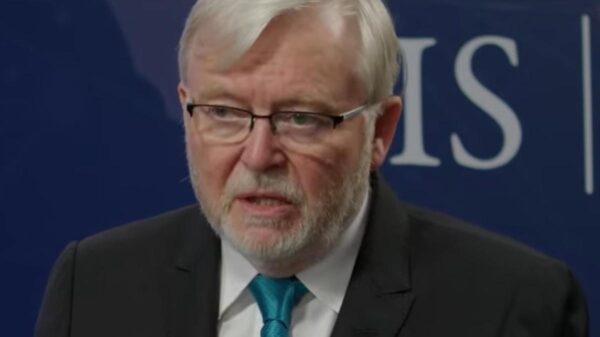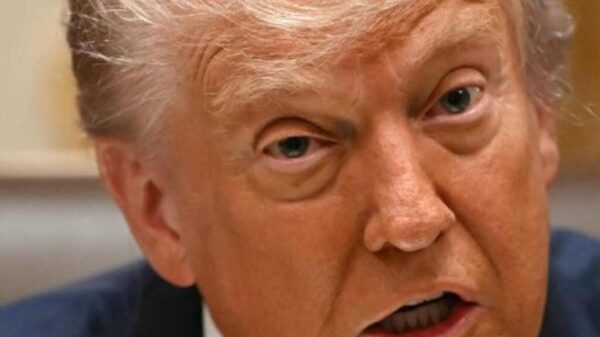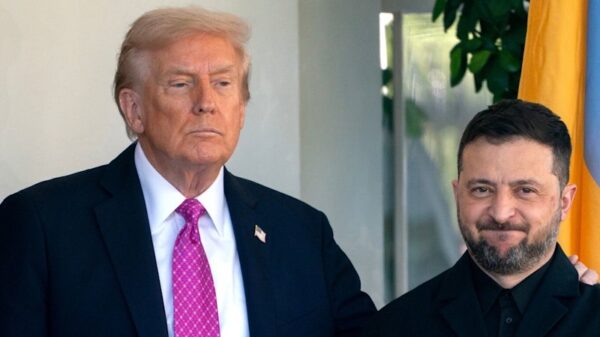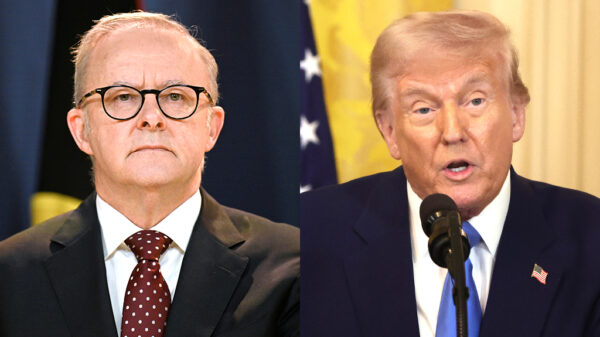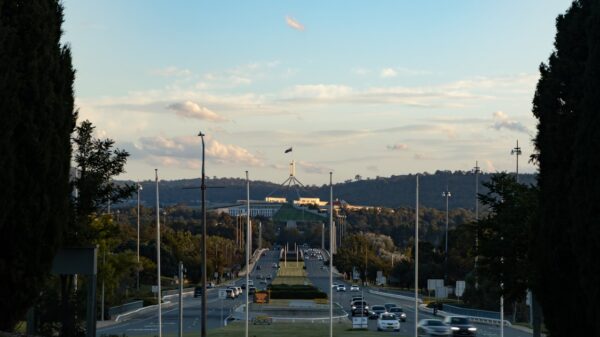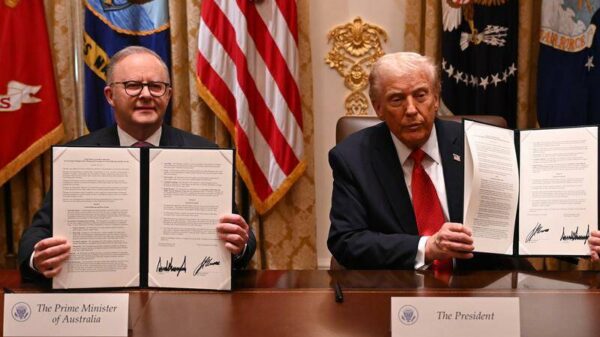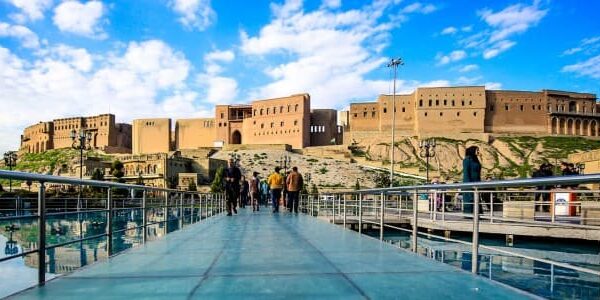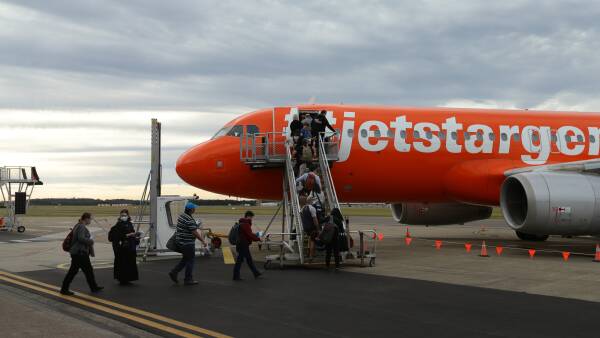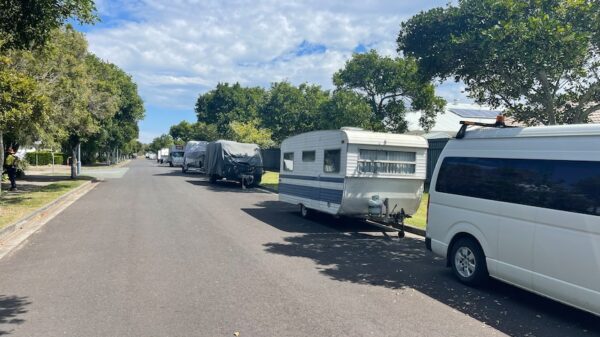UPDATE: Australian Prime Minister Anthony Albanese has just concluded a significant six-day tour of China, emphasizing the vast economic opportunities that lie ahead for both nations. Speaking from Chengdu, the capital of Sichuan province and home to over 21 million people, Albanese highlighted the dramatic transformation of China since his last visit in the 1990s.
As he prepares to depart from this bustling regional city, Albanese remarked, “China isn’t just Beijing or Shanghai, any more than Australia is Sydney or Melbourne.” His statement underscores the growing recognition of China’s vast and diverse landscape, now a hub for high-tech industries, finance, and culture.
Chengdu, often overlooked by Australians, has become a vital gateway to China’s western region, showcasing a surge in innovative architecture and rapid urban development. Albanese noted that the city’s skyline reflects a nation that is “confident going forward,” with construction capabilities that have led China to build more kilometers of high-speed rail than the rest of the world combined.
Albanese’s trip included a visit to a manufacturing facility owned by Cochlear, an Australian hearing aid producer. This visit highlighted a profound connection: Cochlear has already sold approximately 50,000 units in China, but there remains a staggering 10 million people in the country suffering from severe to profound hearing loss who could benefit from these devices.
This opportunity is particularly urgent as China targets a 5 percent GDP growth this year, equating to an addition of about $1.4 trillion to its economy—an amount that could be likened to adding half of Australia to its economic output in just one year.
However, Albanese also recognized the challenges ahead. Despite the potential for growth, concerns linger over China’s aging population and the risk of hitting a middle-income trap. Yet, as the country’s middle class expands, the economic benefits for Australia could be substantial.
This tour marks a pivotal moment in Albanese’s foreign policy, as he seeks to leverage Australia’s innovation and capabilities to address domestic challenges in housing and energy. The prime minister’s observations from Chengdu serve as a reminder of the vast potential that lies in international partnerships.
As Albanese flies back to Australia, the focus will be on how these insights and opportunities can translate into actionable strategies for both nations. The conversation surrounding Australia’s engagement with China is more relevant than ever, especially as the global landscape continues to evolve.
Stay tuned for more updates on how this developing story impacts Australia’s economic future and its relationship with China.






